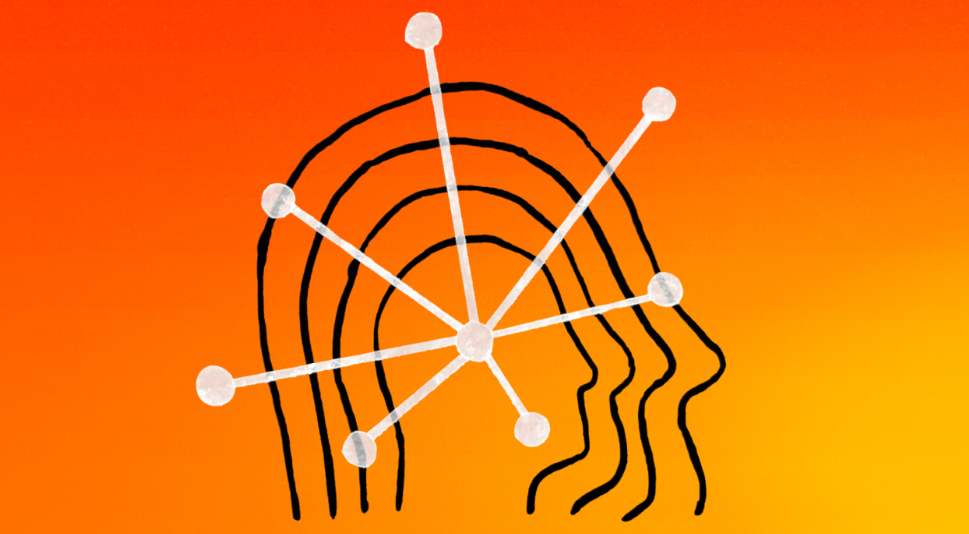An article from the World Economic Forum, published this week by Michael O’Flaherty, the Director of the EU Agency for Fundamental Rights, discusses the importance of human oversight in the development and regulation of artificial intelligence (AI). It focuses on the need for increased awareness of the risks associated with AI to effectively mitigate them.
In 2015, when the EU Agency for Fundamental Rights (FRA) inquired about automated border controls, most people expressed a preference for machine-based checks, perceiving them as less discriminatory, O’Flaherty began. However, the widespread use of AI since then has raised significant concerns. AI’s involvement in various domains, from entertainment recommendations to healthcare, often goes unnoticed by the public, yet its capacity to discriminate in practice has been demonstrated. A notable instance, O’Flaherty added, involved thousands of innocent families, particularly from ethnic minorities, being wrongly accused of fraud by an AI algorithm, leading to severe consequences like poverty and loss of homes.
O’Flaherty also said that Amnesty International’s “Xenophobic machines” report and the United Nations have highlighted the dangers of such discriminatory technologies. AI’s application in policing, he noted, is problematic due to its reliance on potentially biased historical data. European police forces have been found to disproportionately stop young black men, skewing crime data and leading AI to direct more patrols to specific neighbourhoods, regardless of actual crime rates. Similarly, AI struggles to accurately detect offensive speech online, often flagging harmless phrases while missing genuinely offensive content.
O’Flaherty also made it clear that these issues underscore the inherent risk of bias in AI, urging a need for transparency and human oversight in AI development and application.
The article argues for a balanced approach to AI, advocating for human rights considerations in AI legislation, thorough impact assessments, and effective oversight systems. It avers that respecting human rights leads to more trustworthy and successful technology, ultimately steering AI toward beneficial outcomes without relinquishing control to machines alone.






